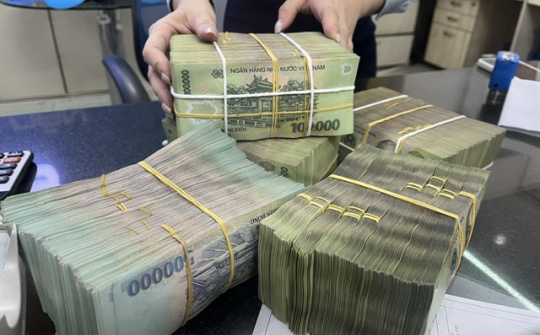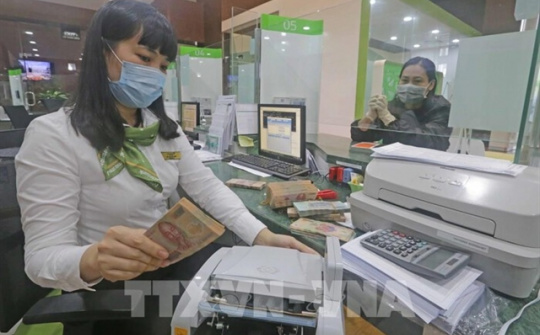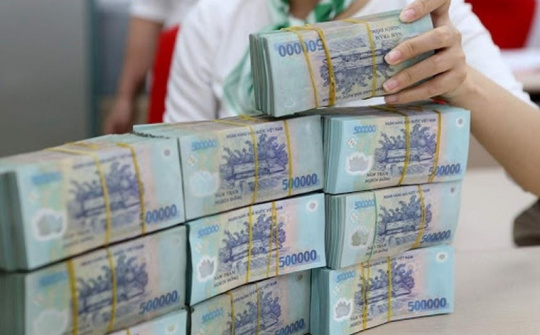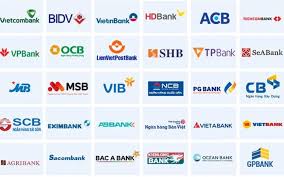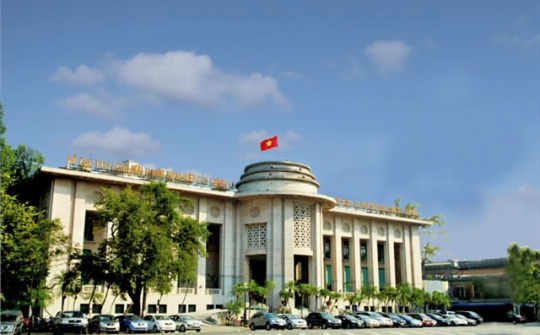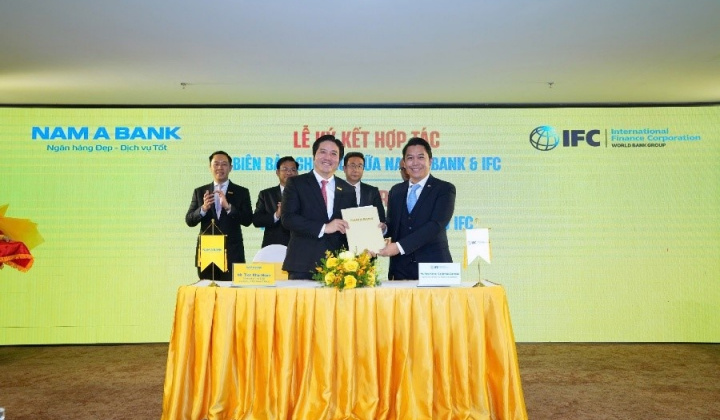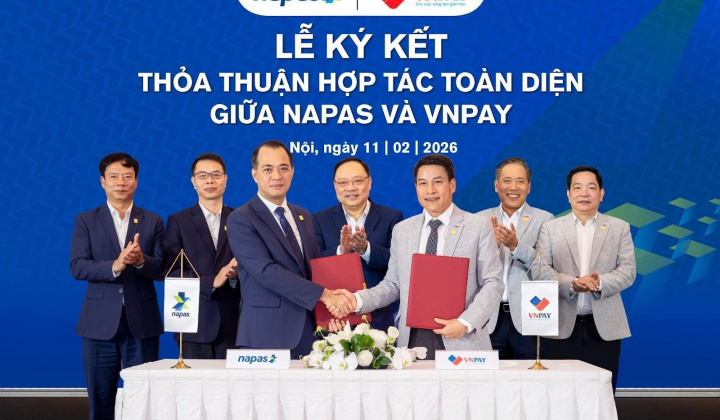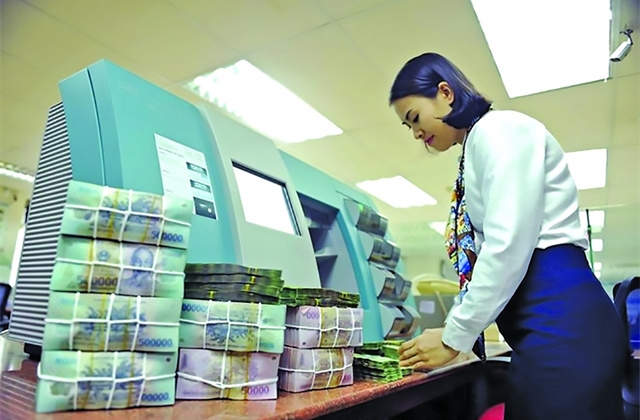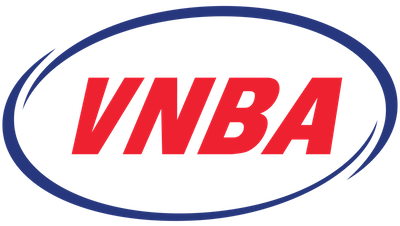According to the Vietnam Banks Association (VNBA) on April 22, bad debts across the entire system increased by $1.36 billion in January and February, but only about $600 million was resolved, primarily through provisions and not actual recovery.

New bad debt laws are set to give a boost to liquidity
After the expiration of Resolution No.42/2017/QH14 in 2024 (Resolution 42), the process of bad debt handling by credit institutions has encountered several obstacles. Many core regulations from this resolution have yet to be authorised, risking higher bad debts and increased pressure on the banking system.
To address this legal gap, the draft Law on Credit Institutions, which authorised the resolution, will be presented for review at the National Assembly in May.
Dr. Can Van Luc, chief economist at BIDV, acknowledges that the 2024 Law on Credit Institutions does not codify certain provisions from Resolution 42, such as the right to take possession of collateral, impacting credit institutions’ ability to manage bad debts.
“The amendments to the 2024 Law on Credit Institutions aim to address regulatory gaps, significantly enhancing institutional quality and law enforcement. This is also an opportunity to comprehensively revise related legal regulations, including the Civil Code 2015 and the Civil Procedure Code 2015,” he said.
Dr. Nguyen Quoc Hung, general secretary of the VNBA, told VIR that without a clearer legal framework, bad debt resolution would continue to face difficulties.
“The right to seize collateral is not absolute. It must be based on clear, transparent conditions and only applied when the borrower refuses to cooperate or repay. The key is ensuring fairness between credit institutions and credit clients, with institutions supporting responsible customers. Seizing collateral should be a last resort, like an enforcement measure. This process must be transparent for public and stakeholder oversight,” he said.
Many banks have continuously announced auctions for bad debts worth hundreds of millions of US dollars. The repeated failure reflected the growing trend of bad debts, increasing in both scale and risk.
At the end of March, BIDV announced the auction of assets from Hang Ha JSC with a debt of $29.2 million as $17.3 million in principle and $11.8 million in overdue interest and penalties. After multiple failed attempts, BIDV reduced the starting price to $21.4 million.
BIDV also announced the auction of assets from Saigon Shipbuilding and Marine Engineering Company, a debt that had been unsuccessfully auctioned 16 times.
Sacombank is collaborating with an auction company to sell debt from Saigon Seafood Trading Company, totalling $70.7 million, including over $21 million in principle and the remainder in overdue interest. After several failed auctions, the starting price was reduced to $12.7 million.
Agribank is auctioning two debts from KDG Steel Vietnam and Khang Duy Investment JSC, totalling over $14.4 million, including both principal and interest. However, the starting price for these auctions is set at $10.4 million, well below the recorded value.
Similarly, Sacombank attempted to auction a nearly $24 million debt from Van Phat Real Estate Company in early March, but the starting price was just $7.6 million. Despite multiple attempts in 2024, Sacombank has yet to liquidate this debt.
Dr. Le Duy Binh, director of Economica Vietnam, pointed out that with the total outstanding loans in the Vietnamese economy estimated at $160 billion, the average bad debt ratio is 6-7 per cent. In contrast, in developed countries, this ratio is only 2-3 per cent. Not only is capital frozen, but collateral assets are also not being exploited due to lawful obstacles.
“Improving the regulatory framework is not just a technical requirement, but a prerequisite to unlocking resources frozen within the credit system. The dual impact of bad debts is clear: capital cannot circulate, and collateral assets cannot be handled due to regulatory barriers, causing the banking system to lose capital while locking assets. This increases provisioning costs, which in turn raises lending interest rates, a burden for the entire economy,” he added.
Binh noted that the right to confiscate collateral is common in many countries and lawfully protected as a natural civil right. However, in Vietnam, this right is not fully institutionalised, significantly hindering the enforcement of credit contracts and bad debt resolution.
“From a social perspective, the tendency to delay debt repayment is resurfacing. When borrowers lack responsibility and treat borrowed assets as the bank’s money, it erodes trust across the financial system,” Binh said.
In the report to the government earlier in March on the draft amendments to the Law on Credit Institutions to authorise certain provisions of Resolution 42, the State Bank of Vietnam proposed legalising three main policy groups, most notably the right to forfeiture collateral if agreed upon in the credit contract.
However, some suggest that clear regulations must be set to avoid abuse. “The law needs to clearly define the procedures for asset seizure, establish independent supervision mechanisms, and ensure the right of response from the borrower,” said Dau Anh Tuan, director of the Legal Department of the Vietnam Chamber of Commerce and Industry.



